Home>Garden Essentials>What Do Fennel Seeds Taste Like
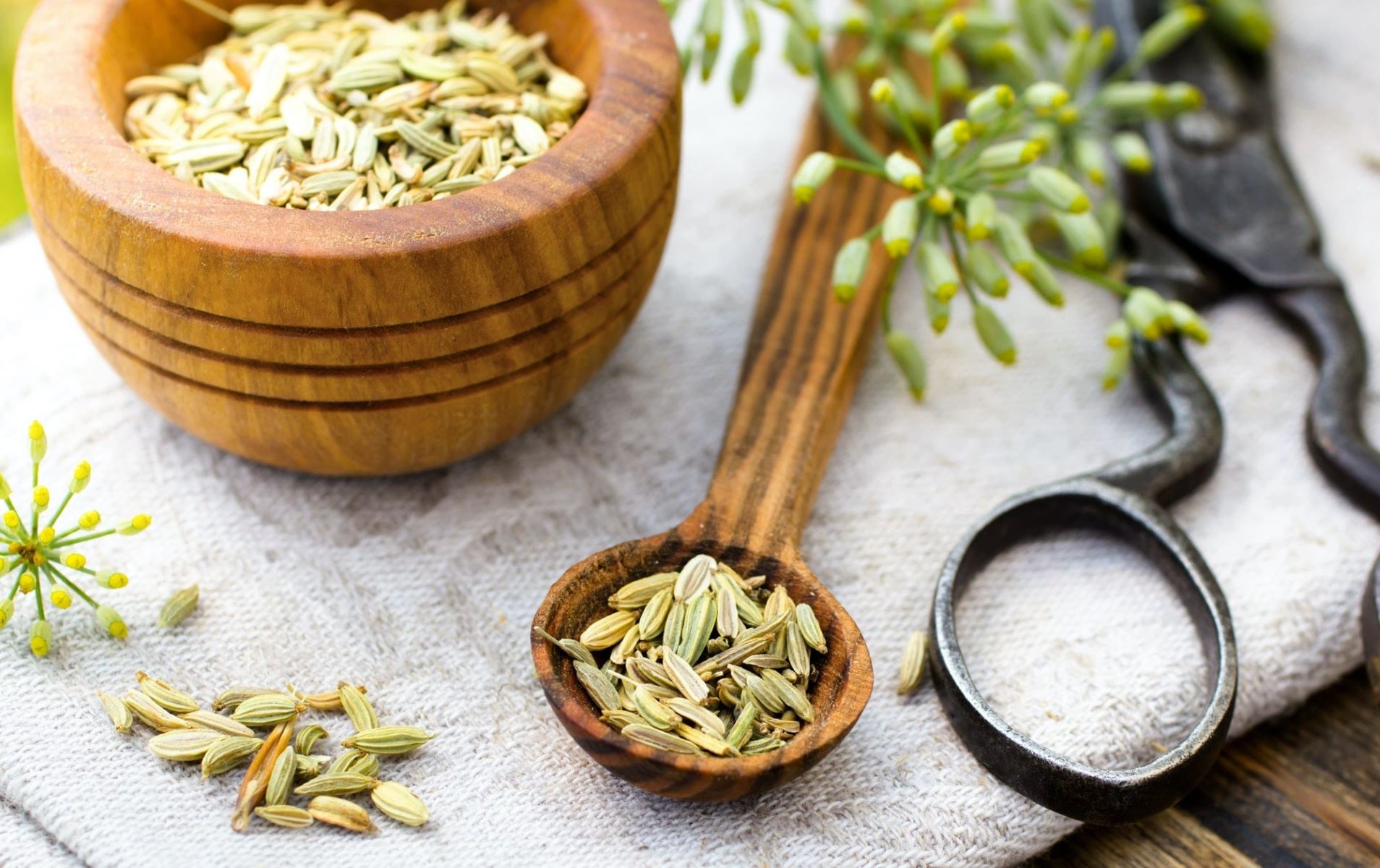

Garden Essentials
What Do Fennel Seeds Taste Like
Modified: March 24, 2024
Discover the unique taste of fennel seeds and how to use them in your garden recipes. Explore the distinct flavor and culinary possibilities in your cooking.
(Many of the links in this article redirect to a specific reviewed product. Your purchase of these products through affiliate links helps to generate commission for Storables.com, at no extra cost. Learn more)
Introduction
Fennel seeds are a popular ingredient in many cuisines around the world. These small, oval-shaped seeds are derived from the fennel plant, which is a member of the carrot family. Fennel seeds are known for their distinct aroma and flavor, and they have been used for centuries for both culinary and medicinal purposes.
Whether you’re a seasoned cook or simply enjoy exploring different flavors, understanding the taste profile of fennel seeds can greatly enhance your culinary experience. In this article, we will delve into the world of fennel seeds and explore their taste and aroma characteristics. We will also discuss the historical uses, culinary applications, as well as the health benefits and potential side effects of consuming fennel seeds.
By the end of this article, you will have a deeper appreciation for these tiny seeds and be inspired to incorporate them into your own cooking adventures.
Key Takeaways:
- Fennel seeds have a sweet, licorice-like flavor and are used in a wide range of dishes, from savory to sweet, adding a unique and delightful taste to culinary creations.
- Fennel seeds offer potential health benefits, such as supporting digestive and respiratory health, but individuals with allergies or specific medical conditions should seek professional advice before consuming them.
Read more: What Do Flax Seeds Taste Like
Overview of Fennel Seeds
Fennel seeds, scientifically known as Foeniculum vulgare, are the dried fruits of the fennel plant. Native to the Mediterranean region, fennel seeds have long been used in various cultures for their culinary and medicinal properties.
The fennel plant itself is a perennial herb with feathery leaves and yellow flowers. It can grow up to six feet tall and produces seeds in umbels, which are clusters of small flowers. Once the flowers bloom and begin to fade, the seeds are harvested and dried for use.
Fennel seeds are oblong in shape and have a greenish-brown color. They are small but pack a powerful punch of flavor and aroma. These seeds have a strong resemblance to cumin seeds, but their taste and scent are distinctly different.
One of the noteworthy qualities of fennel seeds is their versatility. They can be used in both whole and ground form, lending their unique flavors to a wide range of dishes. Fennel seeds are a staple in many cuisines, including Indian, Italian, Middle Eastern, and Mediterranean.
Aside from their culinary uses, fennel seeds have also been employed for their medicinal properties. They are rich in essential oils, antioxidants, and other beneficial compounds that have been linked to various health benefits. From aiding digestion to promoting respiratory health, fennel seeds have been valued for their potential therapeutic effects.
In the next sections, we will delve deeper into the appearance, texture, aroma, and flavor profile of fennel seeds, providing you with a detailed understanding of these remarkable little seeds.
Historical Uses of Fennel Seeds
The use of fennel seeds dates back thousands of years, with evidence of their presence in ancient civilizations such as Egypt, Rome, and China. These seeds have a rich history of both culinary and medicinal uses.
In ancient Egypt, fennel seeds were highly regarded for their aromatic qualities and were associated with various religious rituals. They were often included in incense blends and used in embalming practices. Fennel seeds were also buried with deceased pharaohs to provide them with nourishment in the afterlife.
Roman culture embraced fennel seeds as both a culinary spice and a digestive aid. They believed that fennel had the power to increase strength and longevity and would often present it as a gift to warriors before battle. Romans also appreciated fennel seeds for their ability to calm the digestive system and relieve bloating and indigestion.
In traditional Chinese medicine, fennel seeds have been used for centuries to support digestion and treat various ailments. They are believed to have warming properties and are used to balance Qi, the body’s vital energy. Fennel seeds are often included in herbal formulas to alleviate digestive issues and promote healthy metabolism.
Throughout history, fennel seeds have also been used as a natural remedy for colic in infants. The seeds are believed to have carminative properties, meaning they can help relieve gas and reduce intestinal spasms. Even today, many parents swear by the effectiveness of fennel seed preparations in soothing colicky babies.
With a long-standing history in both eastern and western cultures, it’s apparent that fennel seeds have played a significant role in various traditional practices. Whether used for spiritual rituals, culinary delights, or medicinal purposes, these tiny seeds continue to make their mark on the world.
Appearance and Texture of Fennel Seeds
Fennel seeds have a distinct appearance that sets them apart from other spices. These small, oval-shaped seeds have a unique texture and color that make them easily recognizable.
When it comes to color, fennel seeds typically have a greenish-brown hue. The shade can vary slightly depending on the variety and the degree of ripeness. The seeds may also have some subtle variations in color within the same batch, adding to their visual appeal.
In terms of size, fennel seeds are relatively small, measuring about 4-8 millimeters in length. Despite their small size, they are packed with intense flavors and aroma, making them a prized ingredient in many culinary creations.
When touched, fennel seeds have a slightly rough texture. This texture is due to the presence of small ridges and wrinkles on the seed’s surface. Running your fingers over the seeds can give you a sense of their individual shape and size.
The overall texture of fennel seeds is dry and crispy, which makes them easy to grind or chew. However, they still retain a subtle softness to them, allowing them to release their aromatic oils and flavors when heated or crushed.
When you hold a handful of fennel seeds and let them slip through your fingers, you may notice a slight oily residue. This oil is a natural component of the seeds and is responsible for their signature aroma and flavor.
Overall, the appearance and texture of fennel seeds contribute to their allure in both culinary and medicinal applications. They are not only visually appealing but also offer a satisfying tactile experience when cooking or handling them.
Aromatic Properties of Fennel Seeds
Fennel seeds are renowned for their enticing aroma, which is both distinctive and captivating. The aromatic properties of these seeds play a crucial role in their culinary and therapeutic uses.
When you bring a handful of fennel seeds close to your nose, you’ll notice a strong, sweet, and somewhat earthy scent. The aroma is often described as having hints of anise or licorice, with a warm and comforting undertone.
The delightful fragrance of fennel seeds is a result of the essential oils found within them. These essential oils, such as anethole, fenchone, and estragole, contribute to fennel seeds’ unique scent profile.
The aroma of fennel seeds is released and intensified when the seeds are toasted, ground, or heated. This is why many recipes call for toasting or dry-roasting the seeds before incorporating them into dishes. Heat helps to release the oils, enhancing the fragrance and infusing the surrounding ingredients with the warm, aromatic notes of fennel.
Aside from their culinary uses, the fragrant nature of fennel seeds has also made them popular in the world of aromatherapy. Fennel seed essential oil, extracted from the seeds through steam distillation, is believed to have calming and relaxing properties. It is often used in diffusers or added to massage oils and bath products to promote relaxation and emotional well-being.
The aromatic properties of fennel seeds not only enhance the sensory experience of cooking but also contribute to their potential health benefits. The distinct aroma can stimulate the appetite and aid in digestion. It is also believed to have antimicrobial and anti-inflammatory properties that support overall well-being.
Whether you’re using fennel seeds in your culinary endeavors or exploring the world of aromatherapy, their delightful aroma is sure to enhance your experience and leave you captivated by their alluring scent.
Fennel seeds have a sweet, licorice-like flavor with a hint of anise. They are often used in Indian and Mediterranean cuisine to add a unique and aromatic taste to dishes.
Read more: What Do Nigella Seeds Taste Like
Flavor Profile of Fennel Seeds
The flavor profile of fennel seeds is what sets them apart and makes them a sought-after ingredient in the culinary world. They offer a unique combination of flavors that is both intriguing and versatile.
One of the prominent flavors in fennel seeds is a distinct, slightly sweet taste reminiscent of licorice or anise. This flavor is attributed to the presence of anethole, a compound found in the seeds. The licorice-like taste of fennel seeds adds a delightful sweetness and depth to dishes.
Alongside the sweetness, fennel seeds also have a subtle bitterness. This bitterness provides a pleasant contrast to the sweetness and adds complexity to the overall flavor profile.
In addition to sweetness and bitterness, fennel seeds have a mild, herbal undertone that can be described as earthy or grassy. This herbal note adds depth and freshness to dishes, making fennel seeds a versatile spice that pairs well with a variety of ingredients.
When fennel seeds are toasted or dry-roasted, their flavor becomes even more pronounced. The heat brings out the natural oils in the seeds, intensifying the flavors and adding a hint of nuttiness to the taste profile.
Another noteworthy aspect of fennel seeds’ flavor is their ability to add a subtle cooling sensation in the mouth. This cooling effect is often described as refreshing and can help balance out the spiciness or heat in certain dishes.
The combination of sweet, slightly bitter, herbal, and cooling flavors makes fennel seeds incredibly versatile in the kitchen. They can be used to enhance the taste of a wide range of dishes, from savory to sweet, and are particularly popular in Mediterranean, Indian, and Middle Eastern cuisines.
From adding depth to soups and stews to infusing baked goods with a touch of sweetness, fennel seeds offer a unique flavor profile that elevates any dish they are a part of.
Culinary Uses of Fennel Seeds
Fennel seeds are a versatile spice that can greatly enhance the flavor of various dishes. Their unique taste profile and aromatic qualities make them a popular ingredient in kitchens around the world.
One of the most common culinary uses of fennel seeds is as a spice in savory dishes. They can be added whole or ground to soups, stews, curries, and marinades to lend a subtle sweetness and depth of flavor. Fennel seeds pair particularly well with meats, seafood, and vegetables, adding a touch of complexity to the overall dish.
In Italian cuisine, fennel seeds are commonly used in sausage-making, giving Italian sausages their distinctive flavor. They are also an essential ingredient in Italian tomato-based pasta sauces, providing a delicate undertone of sweetness.
Roasting vegetables with a sprinkling of fennel seeds can elevate their natural flavors, adding a hint of licorice-like sweetness and a pleasant aroma. Fennel seeds also work well when mixed with other spices like cumin or coriander for a flavor-packed spice blend.
Besides savory dishes, fennel seeds are utilized in sweet preparations as well. They can be used to infuse syrups, custards, and desserts with their unique flavor. Fennel-scented biscotti, cakes, and cookies are popular treats in many cultures.
Crushed or ground fennel seeds are often included in bread and pastry doughs to impart a subtle anise-like flavor. They can be sprinkled on top of breads, rolls, and crackers for an added burst of taste and texture.
When it comes to beverages, fennel seeds are used in a variety of ways. They can be steeped to make a fragrant herbal tea known for its digestive benefits. Fennel seed-infused water is also a popular choice for its refreshing flavor.
Furthermore, fennel seeds are a key ingredient in some alcoholic beverages. They are commonly found in Mediterranean liqueurs such as absinthe and ouzo, adding an unmistakable anise-like flavor that defines these spirits.
Whether used in savory or sweet dishes, fennel seeds bring a unique and desirable element to the culinary world. Their versatility makes them a valuable spice that can elevate your cooking to new heights.
Medical and Health Benefits of Fennel Seeds
Beyond their culinary uses, fennel seeds have been valued for their potential medicinal properties for centuries. These tiny seeds contain a range of compounds that have been associated with various health benefits.
1. Digestive Health: Fennel seeds have long been used as a natural remedy for digestive issues. They are believed to have carminative properties, which can help alleviate bloating, gas, and indigestion. Fennel seeds may also stimulate appetite and support healthy digestion.
2. Anti-inflammatory Effects: Fennel seeds are rich in antioxidants and phytonutrients that have anti-inflammatory properties. These compounds may help reduce inflammation in the body and provide relief from inflammatory conditions such as arthritis.
3. Respiratory Health: Fennel seeds have been traditionally used to support respiratory health. The expectorant properties of fennel seeds can help loosen and expel mucus, making it easier to clear the airways and alleviate symptoms of coughs and respiratory congestion.
4. Hormonal Balance: Fennel seeds contain plant compounds that may have estrogen-like effects. As a result, they have been used to promote hormonal balance in women. Fennel seeds may help regulate the menstrual cycle, relieve menstrual cramps, and reduce symptoms of menopause.
5. Antioxidant Support: Fennel seeds are packed with antioxidants, which can help protect cells from oxidative damage caused by free radicals. Antioxidants play a crucial role in maintaining overall health and may contribute to disease prevention.
6. Oral Health: Fennel seeds have natural antimicrobial properties that can help combat oral bacteria and freshen breath. Chewing on fennel seeds after meals or using fennel seed-infused mouthwash may help promote oral hygiene and reduce the risk of gum disease.
7. Weight Management: Fennel seeds are low in calories and high in fiber, making them a weight-friendly addition to a balanced diet. The fiber content can promote feelings of fullness and reduce calorie intake, potentially assisting in weight management goals.
While fennel seeds offer potential health benefits, it’s important to note that they should not replace medical advice or treatment. If you have any existing health conditions or concerns, it’s best to consult with a healthcare professional before incorporating fennel seeds into your routine.
Potential Side Effects of Fennel Seeds
Fennel seeds are generally safe for most people when consumed in moderation as a spice or herbal remedy. However, like any ingredient, they may cause adverse effects in certain individuals. It’s important to be aware of the potential side effects associated with fennel seed consumption.
1. Allergic Reactions: Some individuals may be sensitive or allergic to fennel seeds. Allergic reactions can range from mild symptoms like itching and hives to more severe reactions such as swelling, difficulty breathing, or anaphylaxis. If you have known allergies to carrots, celery, or other plants in the carrot family, it’s advisable to exercise caution when consuming fennel seeds.
2. Hormonal Effects: Fennel seeds contain compounds that have estrogen-like effects. While this can be beneficial for women experiencing hormonal imbalances, excessive consumption may interfere with hormone levels in certain individuals, leading to potential side effects. It is best to consult with a healthcare professional if you have a history of hormone-sensitive conditions such as breast or uterine cancer.
3. Medication Interactions: Fennel seeds may interact with certain medications. They can inhibit liver enzymes responsible for metabolizing drugs, potentially altering their effectiveness or increasing their side effects. If you are taking any medications, especially those metabolized by the liver, it is advisable to consult with a healthcare professional before consuming fennel seeds or supplements.
4. Blood Clotting: Fennel seeds have blood-thinning properties, which can interfere with blood clotting in individuals on anticoagulant medications or with bleeding disorders. If you have a bleeding disorder or are taking blood-thinning medications, it is important to seek medical advice before incorporating fennel seeds into your diet.
5. Allergic Cross-Reactivity: Fennel seeds may cross-react with other plants in the Apiaceae family, also known as the carrot family. If you have known allergies to plants such as celery, parsley, dill, or coriander, you may experience cross-reactivity and should exercise caution when consuming fennel seeds.
It’s worth noting that these side effects are relatively rare and usually occur in individuals who consume fennel seeds in large amounts or have specific sensitivities. Most people can enjoy moderate amounts of fennel seeds without experiencing any adverse effects.
If you experience any unusual symptoms after consuming fennel seeds, it is advisable to discontinue use and consult with a healthcare professional for further evaluation.
Read more: Why Do Pomegranate Seeds Taste Like Alcohol
Conclusion
Fennel seeds are not only a flavorful addition to the culinary world but also offer potential health benefits. These versatile seeds have a distinctive aroma and taste profile, adding depth and complexity to a wide range of dishes. Whether used in savory or sweet preparations, fennel seeds bring a unique and delightful flavor to the table.
Throughout history, fennel seeds have been cherished for their culinary and medicinal properties. They have been used in various cultures for their digestive, anti-inflammatory, and respiratory benefits. From alleviating digestive issues to supporting hormonal balance and promoting oral health, the potential health benefits of fennel seeds are wide-ranging.
While fennel seeds are generally safe for most people, it’s important to be aware of potential allergenic reactions and other considerations. Individuals with known allergies to plants in the carrot family or those taking specific medications should exercise caution and seek professional advice before consuming fennel seeds.
Incorporating fennel seeds into your culinary adventures can add a unique and enjoyable dimension to your dishes. Whether it’s indulging in the subtle sweetness and licorice-like flavor or relishing the aromatic notes that fill your kitchen, fennel seeds hold a special place in the world of spices.
So, the next time you’re exploring new flavors or seeking natural remedies, consider embracing the seeds of the fennel plant. With their enticing taste, captivating aroma, and potential health benefits, fennel seeds are an extraordinary ingredient that can elevate your culinary creations and contribute to your overall well-being.
Frequently Asked Questions about What Do Fennel Seeds Taste Like
Was this page helpful?
At Storables.com, we guarantee accurate and reliable information. Our content, validated by Expert Board Contributors, is crafted following stringent Editorial Policies. We're committed to providing you with well-researched, expert-backed insights for all your informational needs.
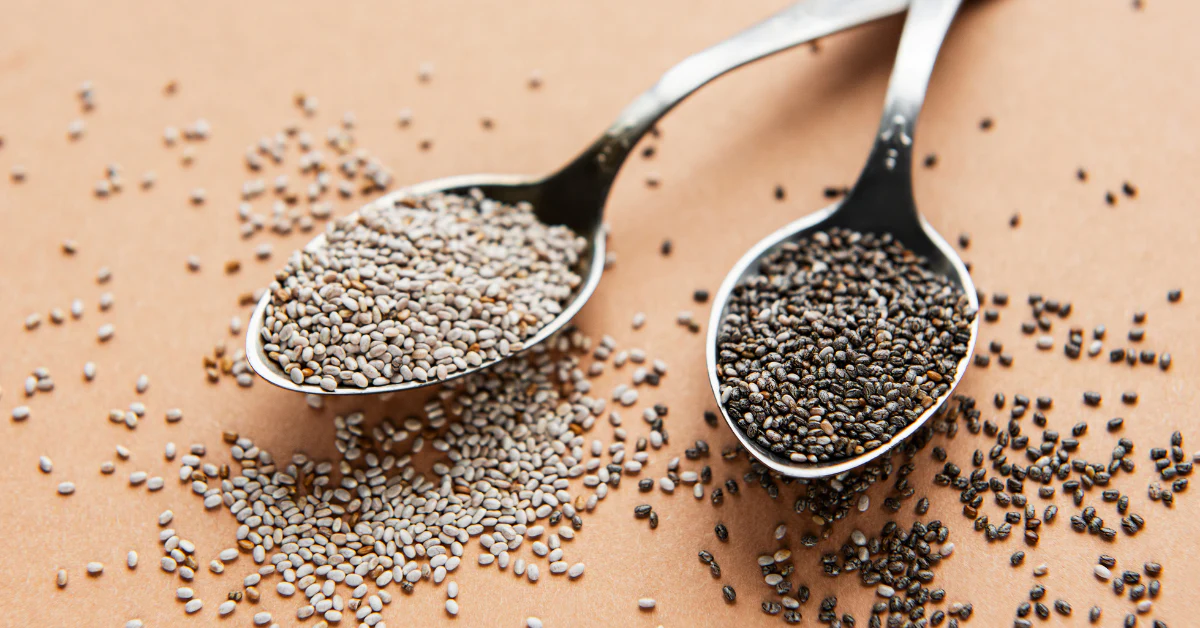
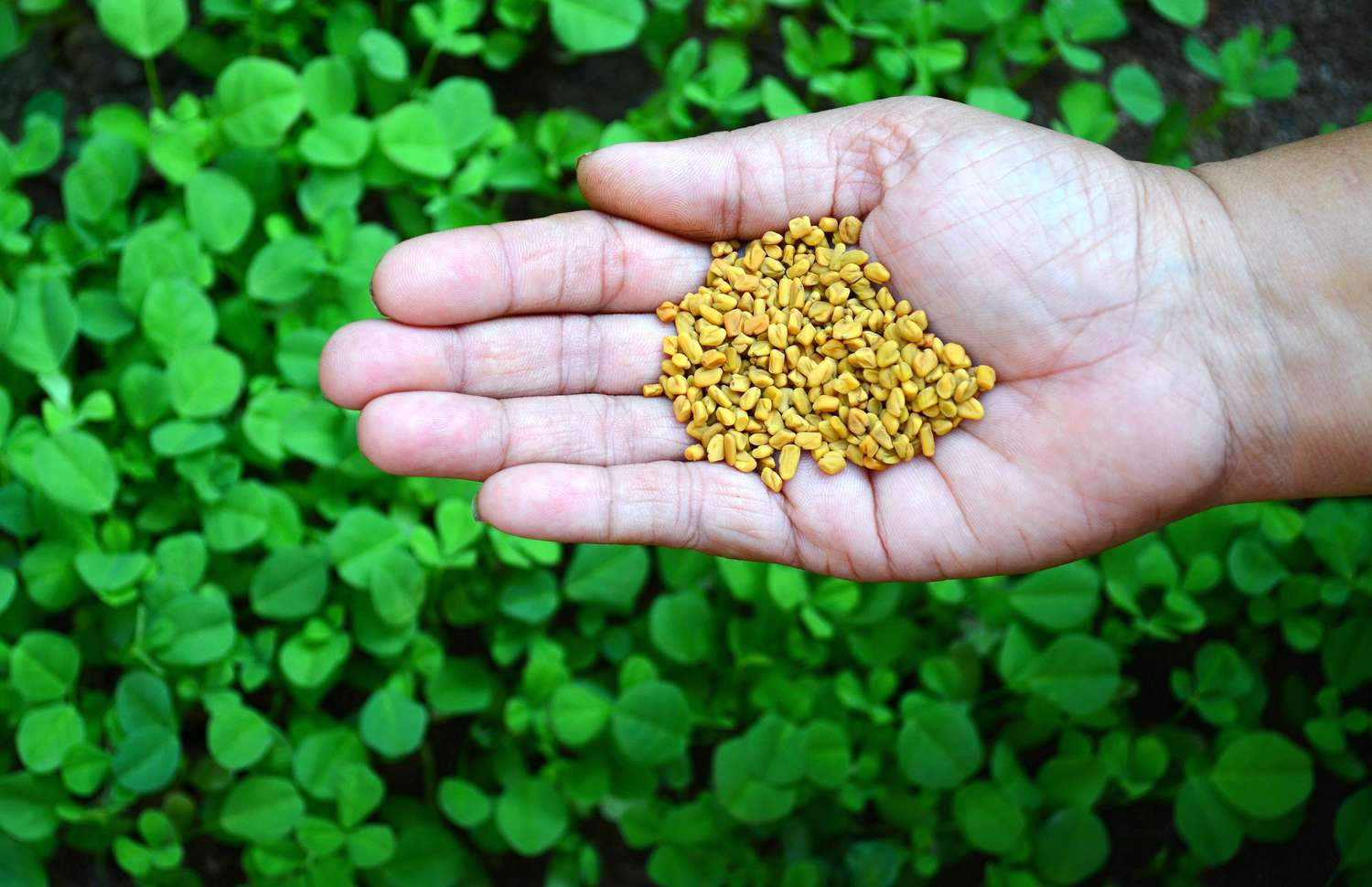
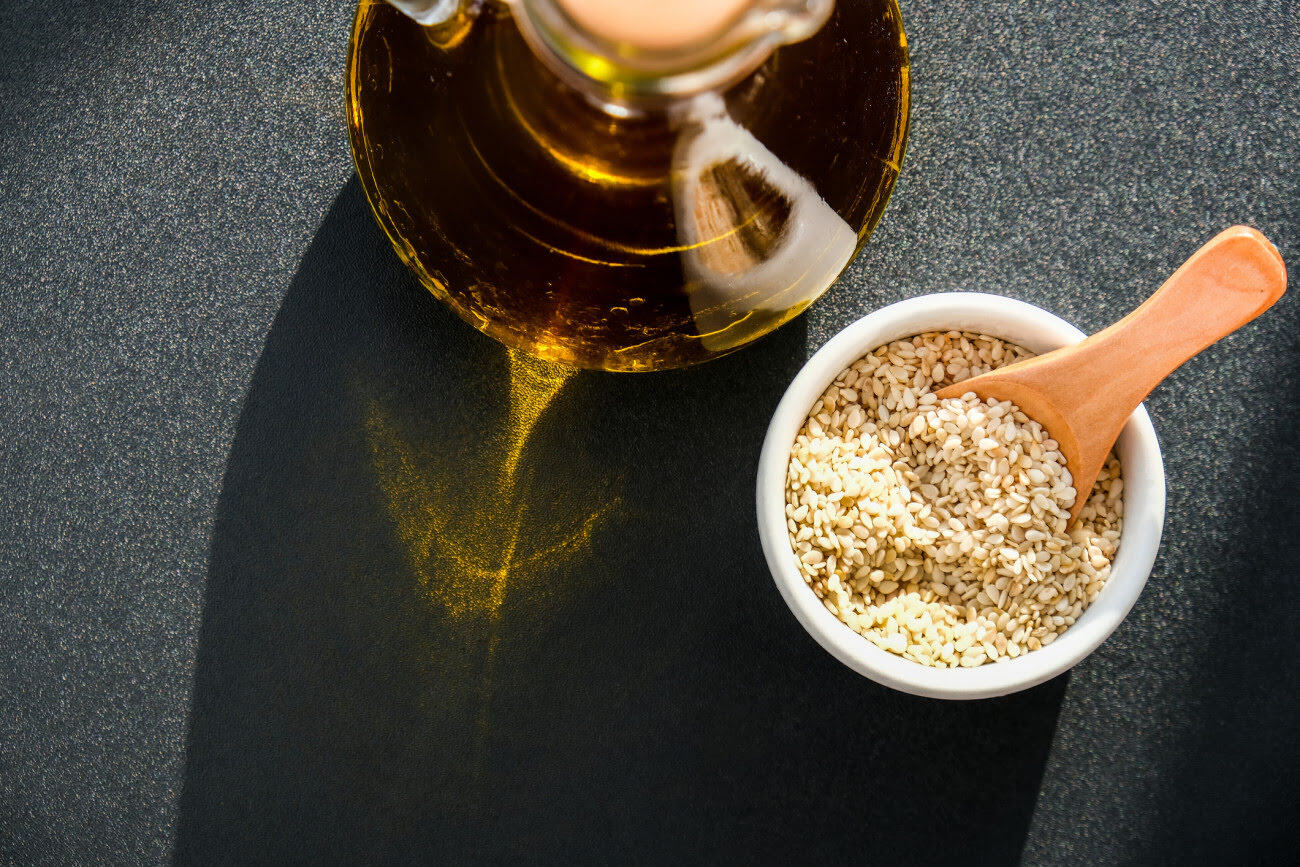
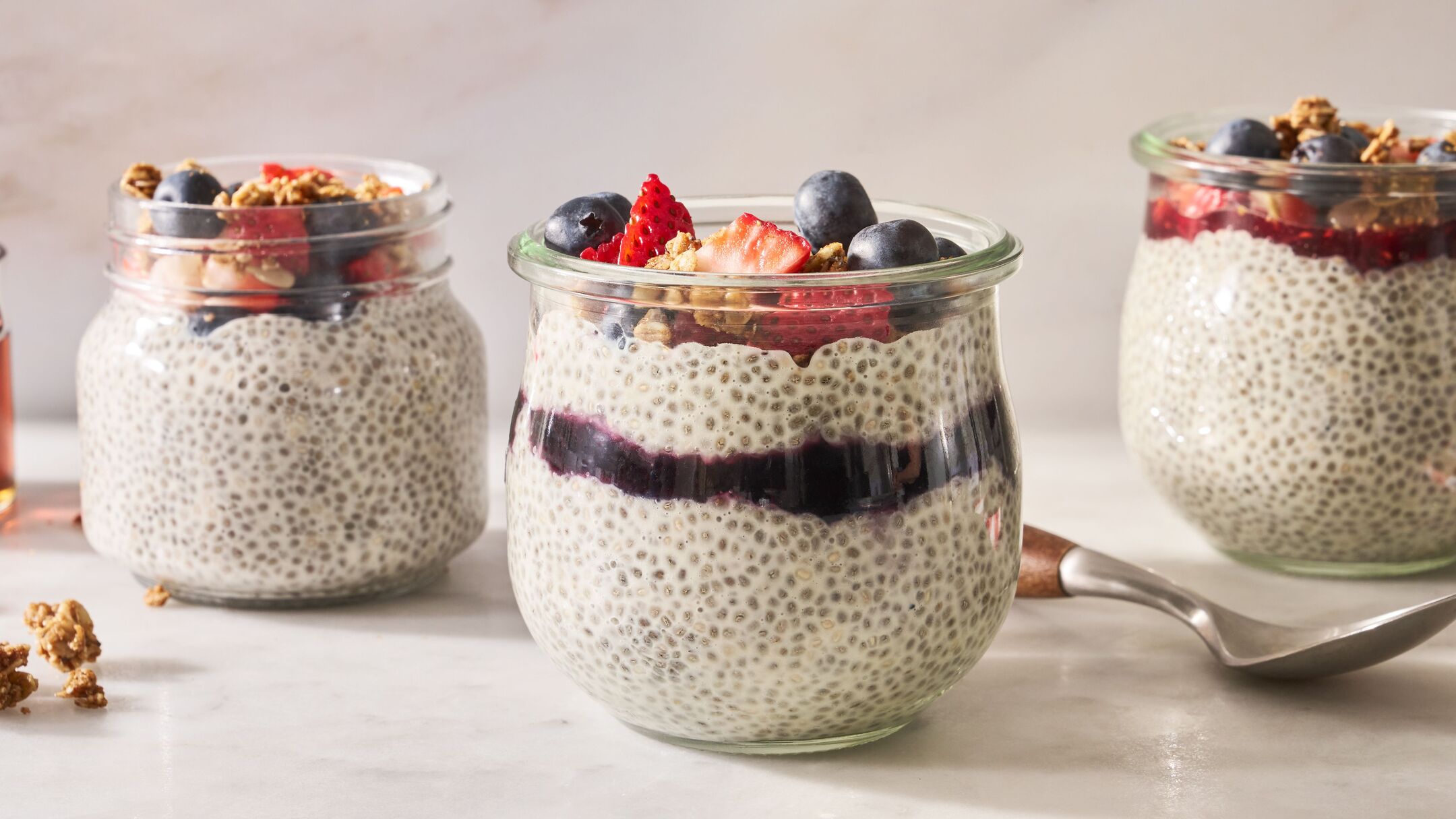
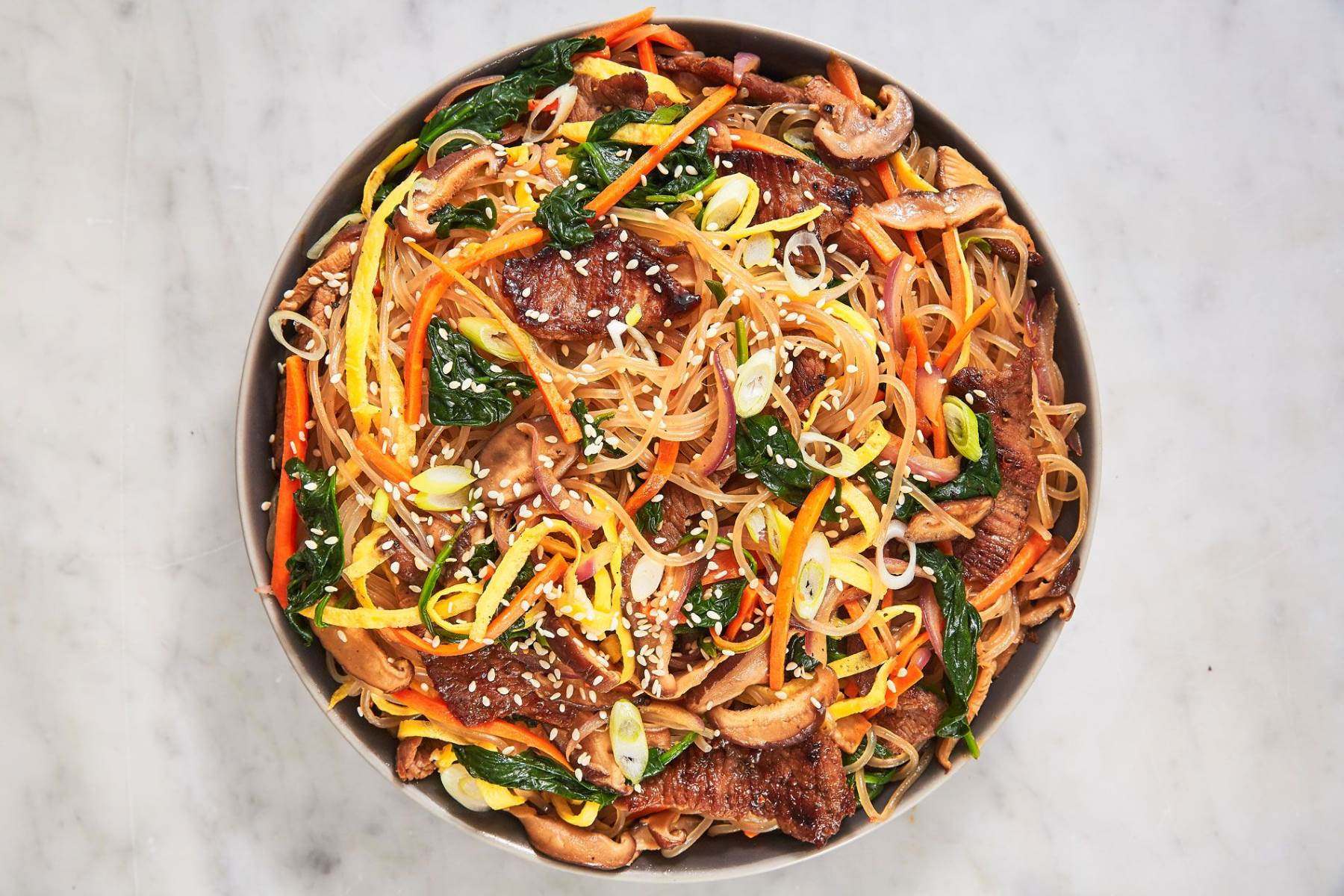
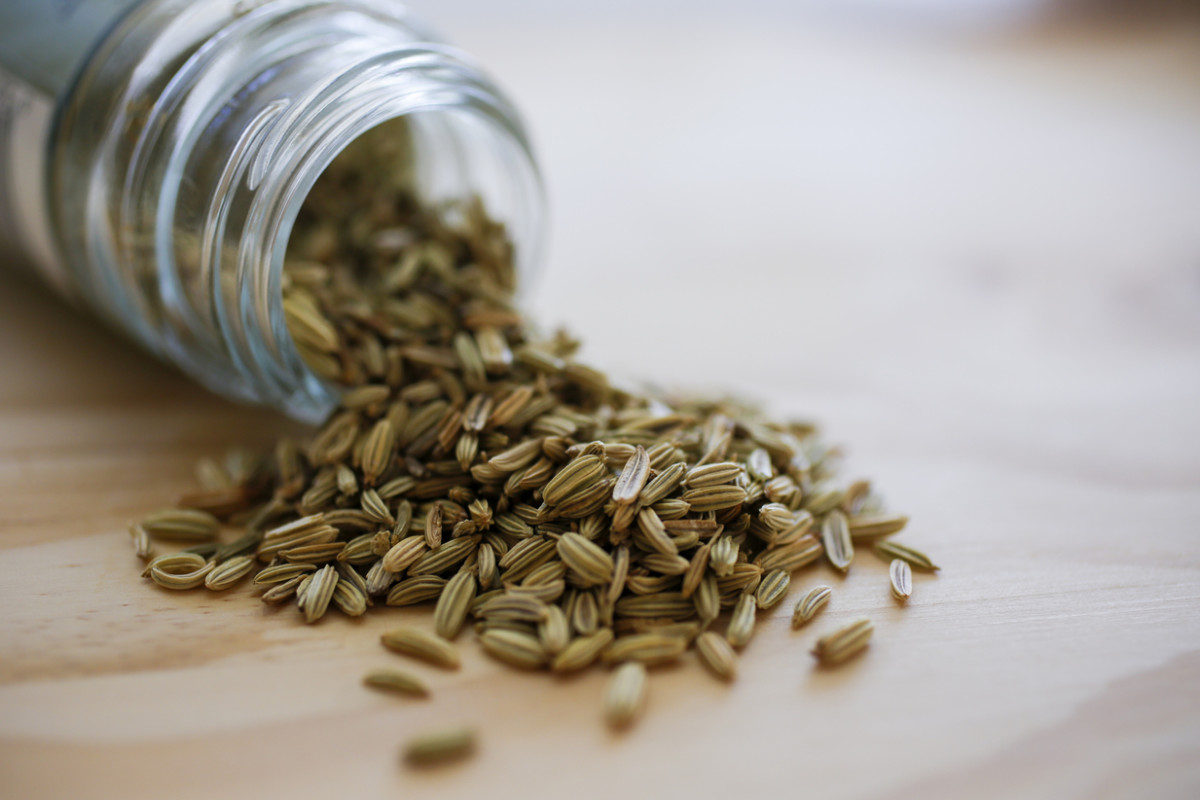
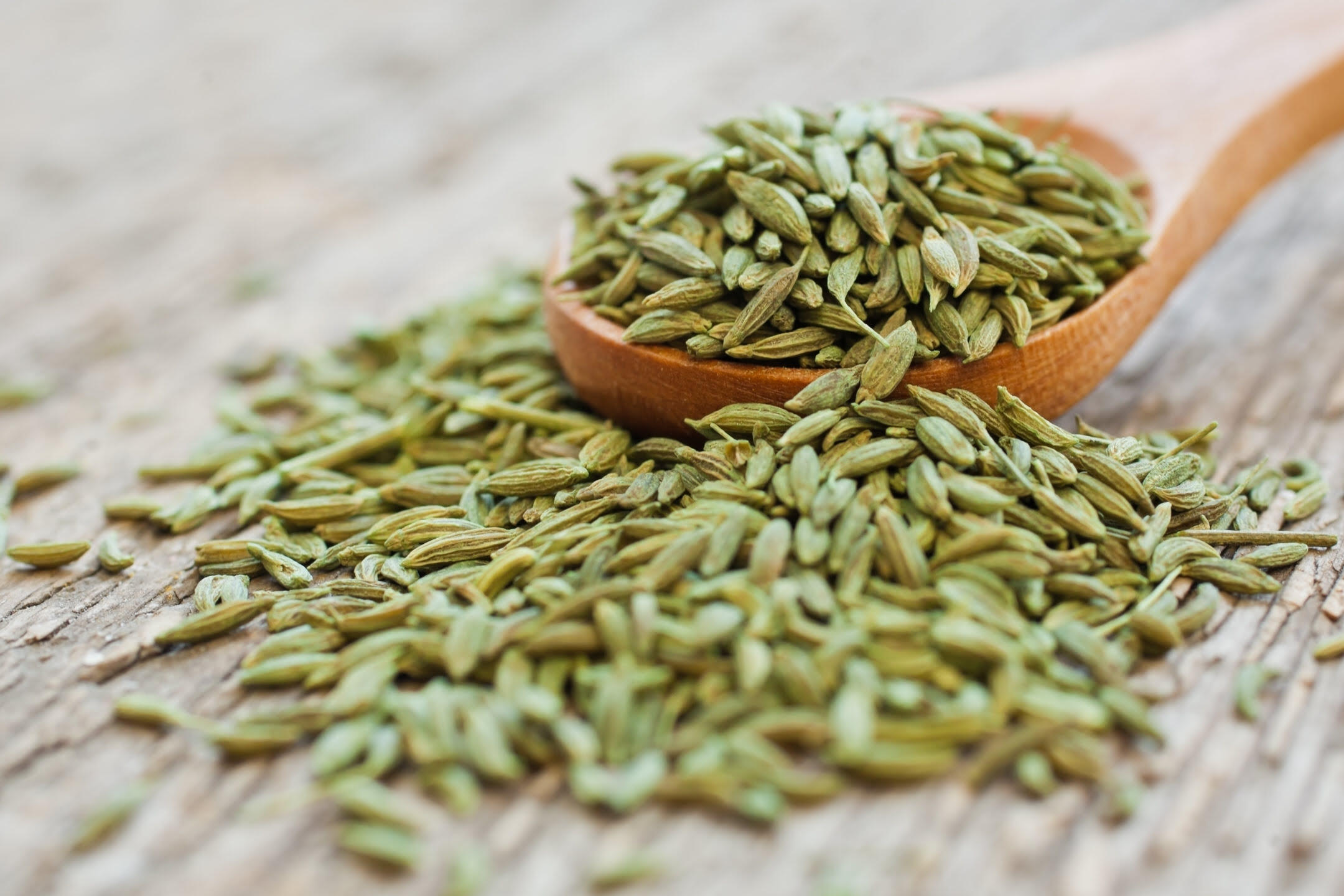
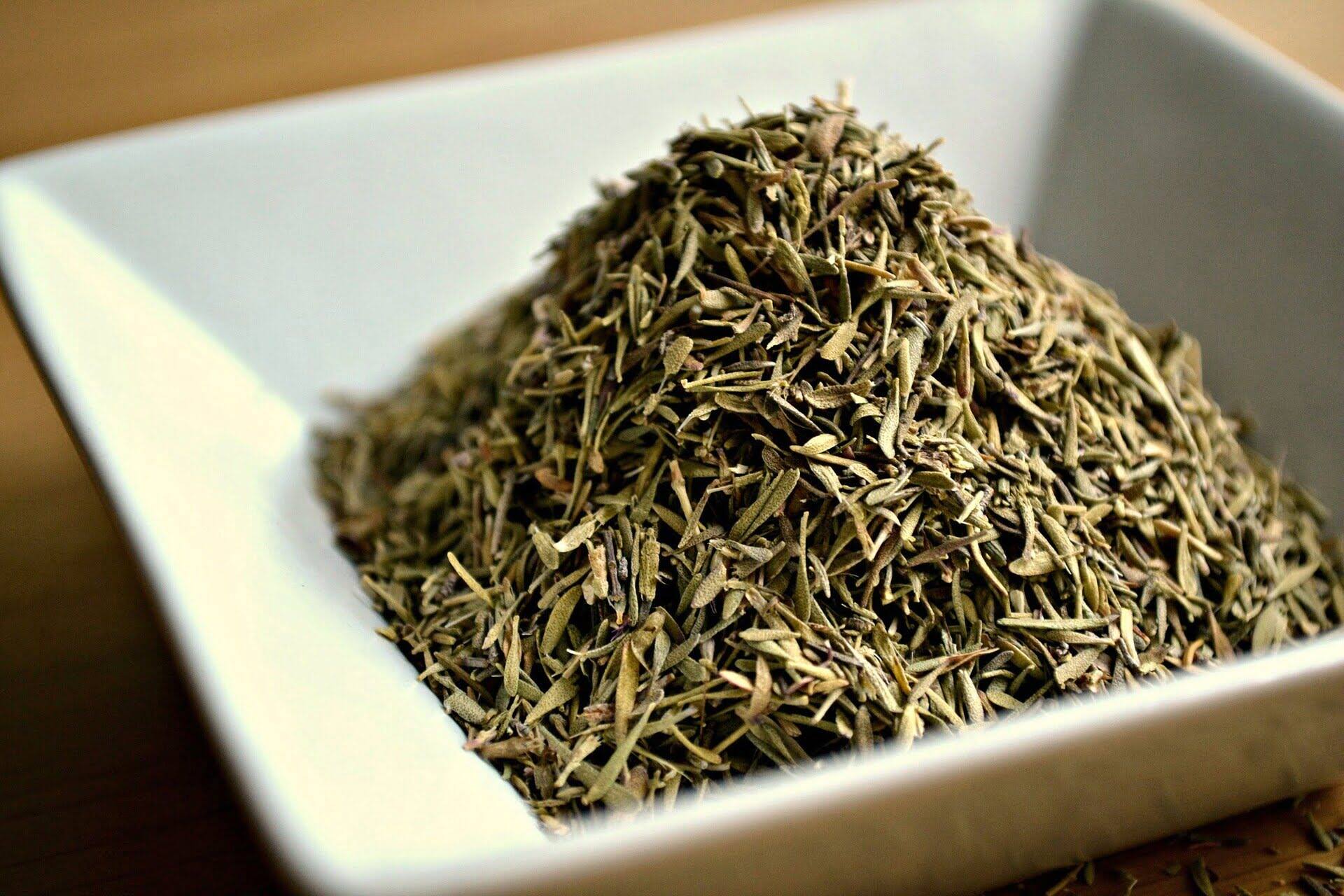

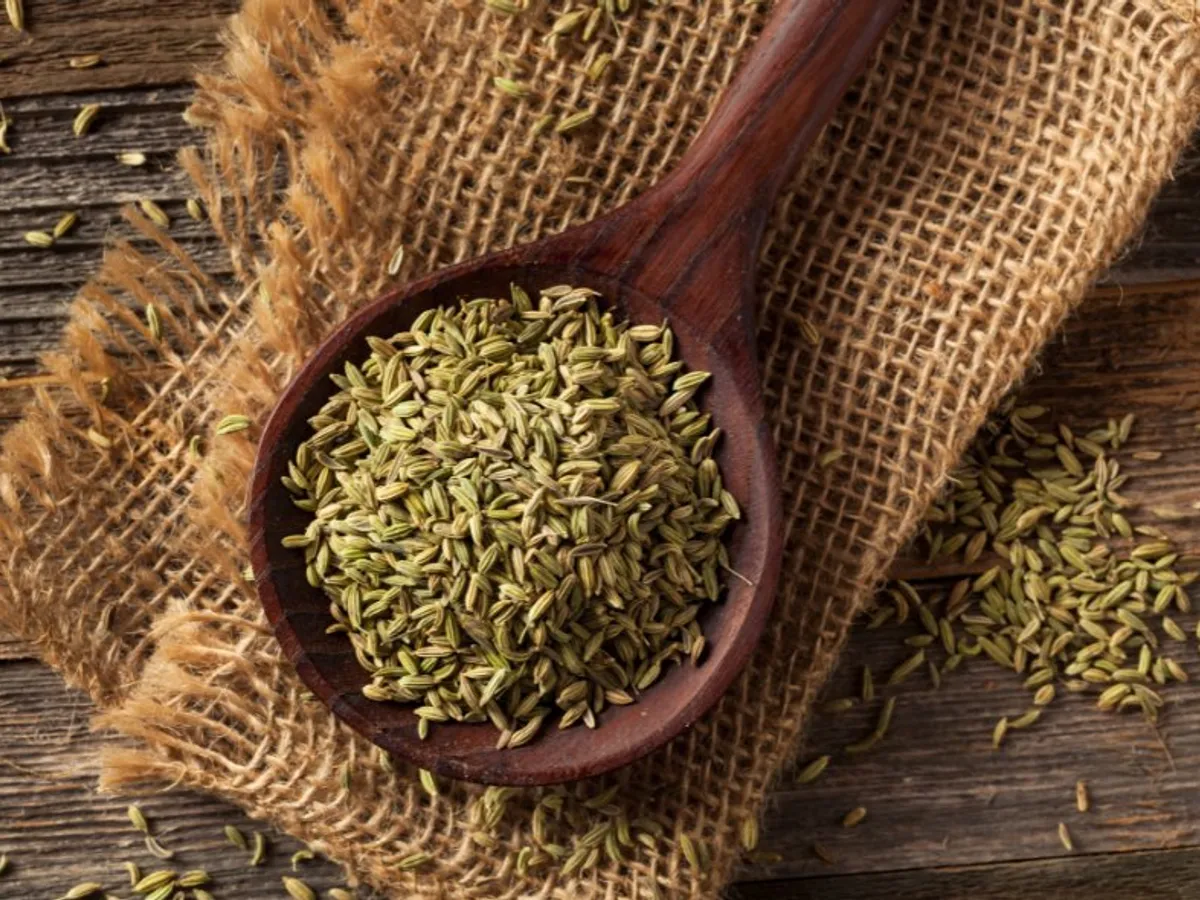

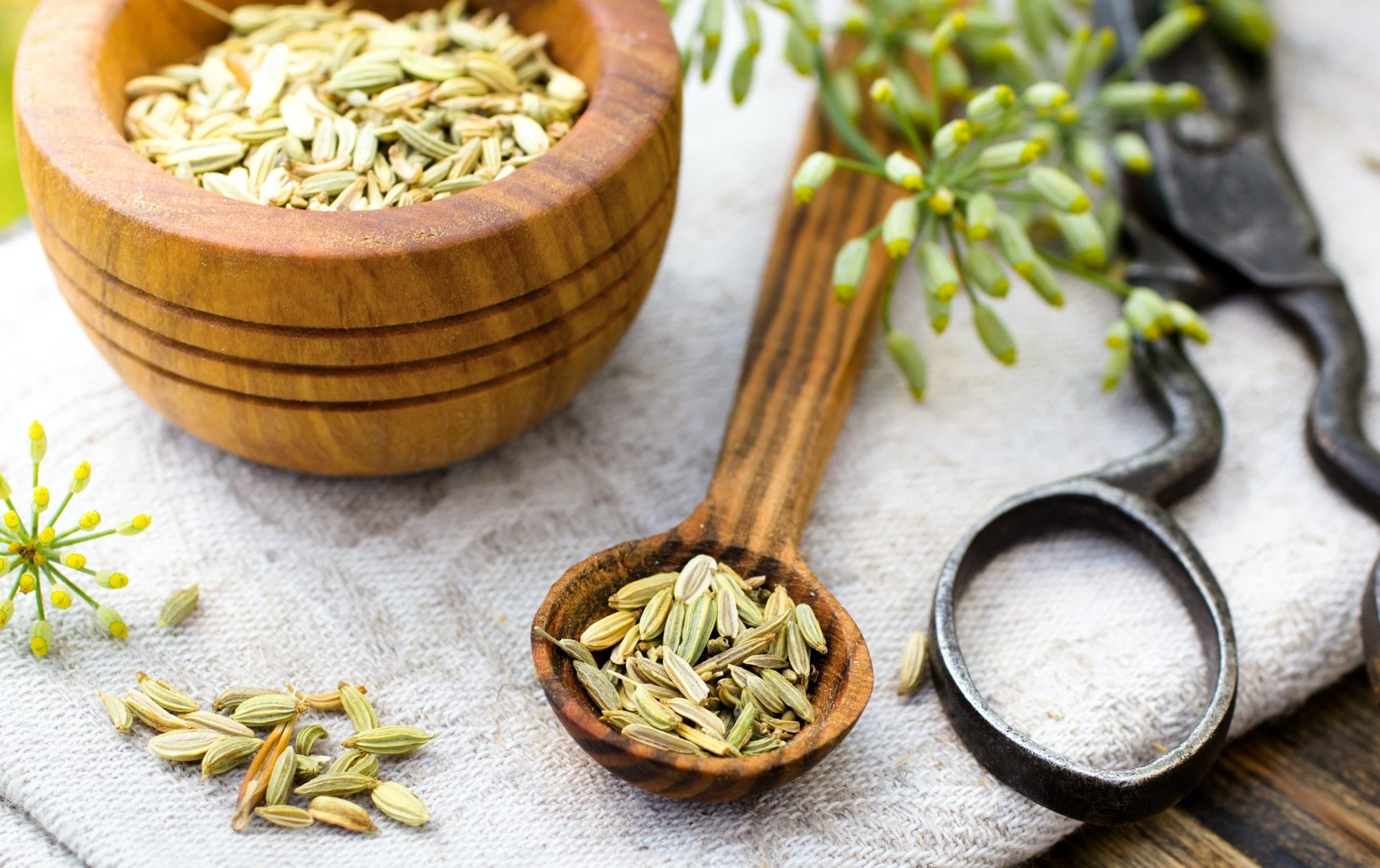
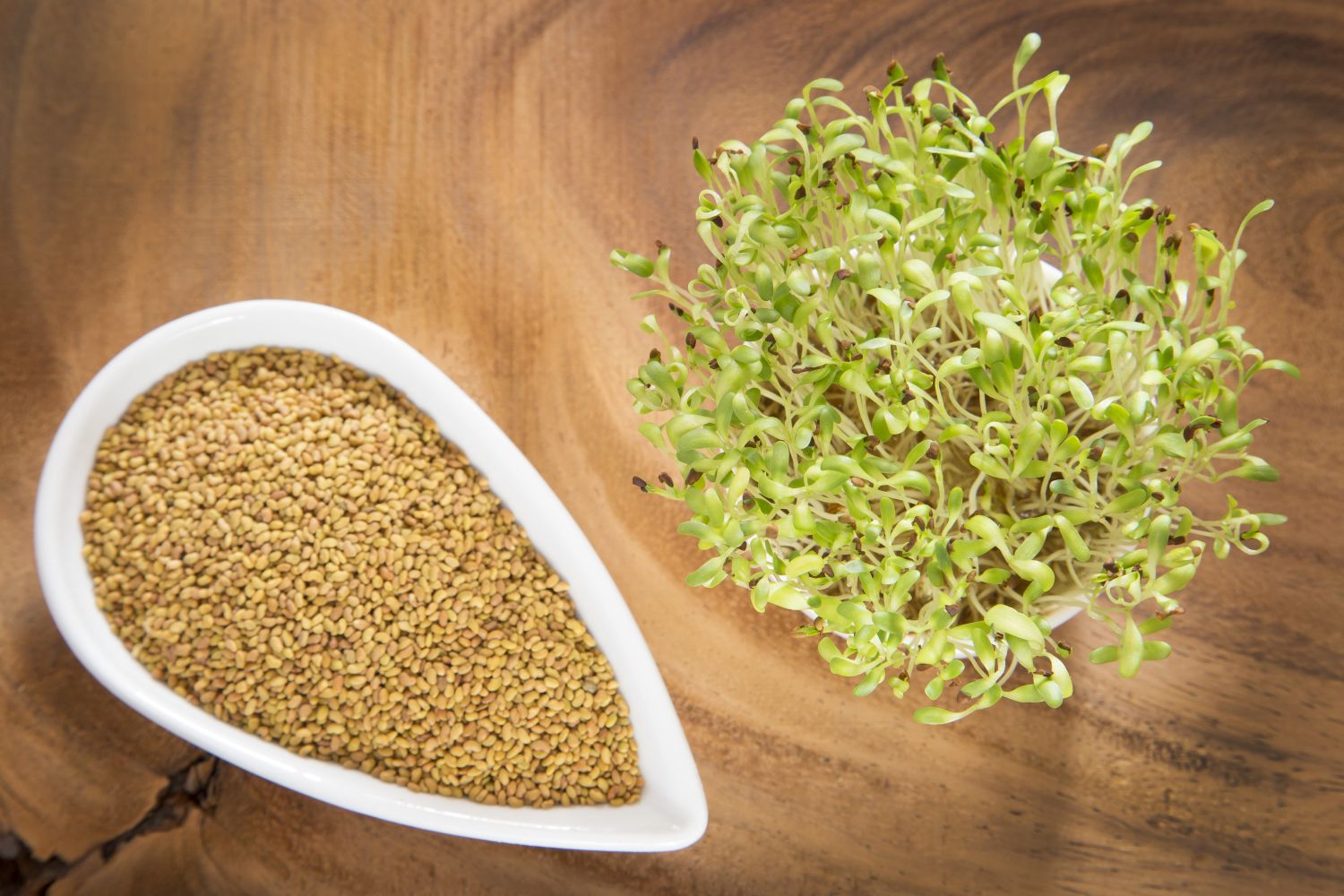

0 thoughts on “What Do Fennel Seeds Taste Like”